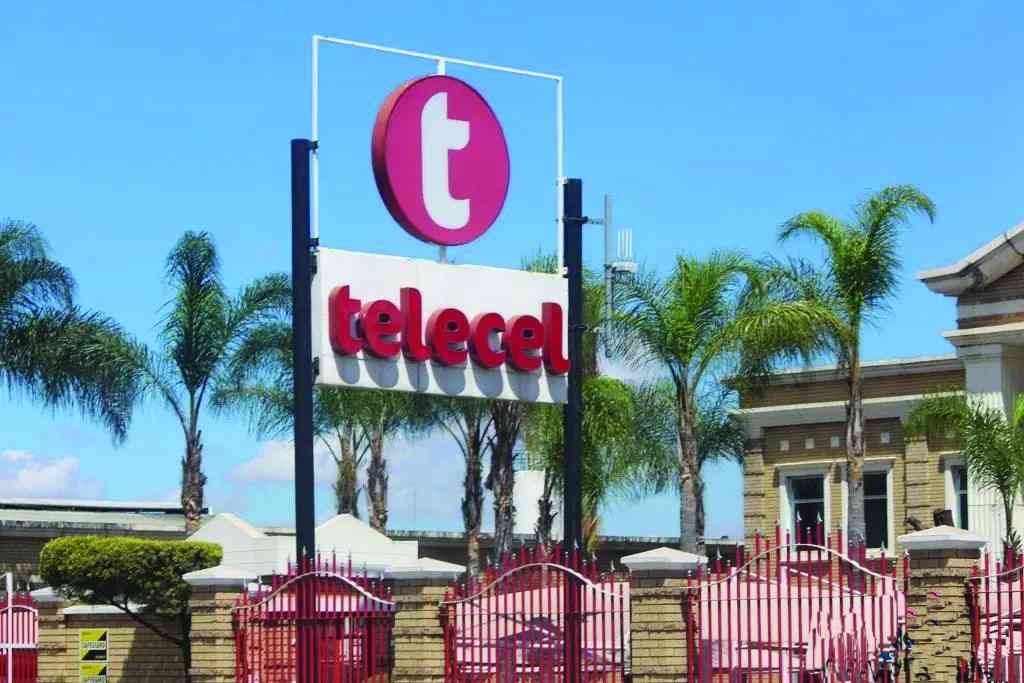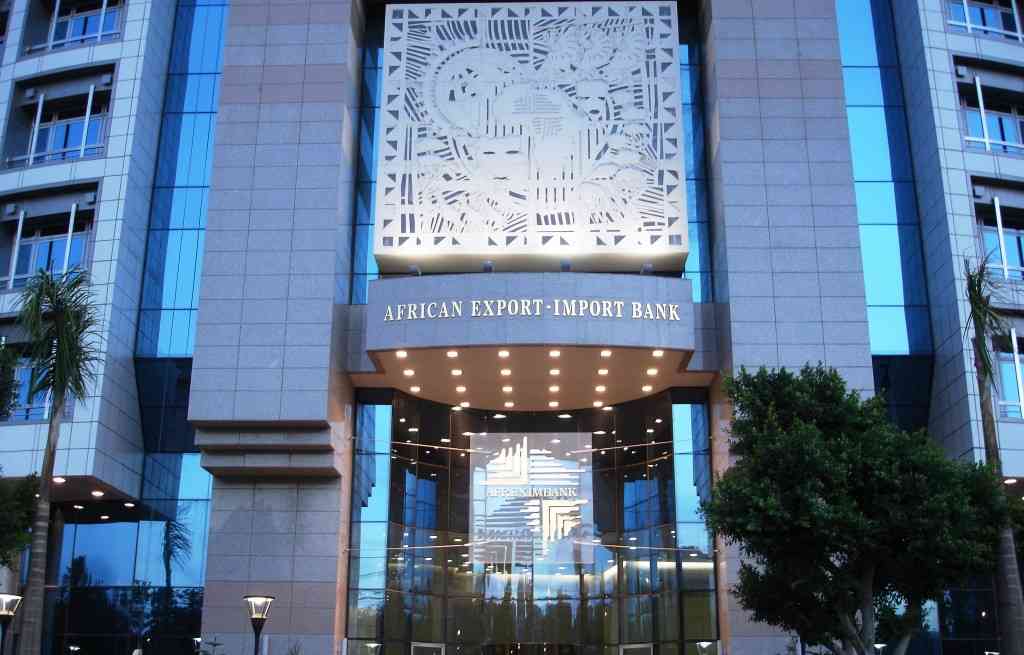
ZIMBABWE’S third-largest telecoms operator, Telecel, said this week it had applied for new funding to support the acquisition of advanced network technologies as it grapples with severe cash flow challenges.
The company downplayed rumours that it had approached its new parent company, the Mutapa Investment Fund (MIF), for a bailout.
However, insiders revealed that management has informed staff that fresh capital is essential to navigate the current financial crisis.
The most pressing issue for Telecel is the need to bolster its working capital to address the growing discontent among employees, who reported that the United States (US) dollar components of their salaries were in arrears.
Although telecoms operators in Zimbabwe generate most of their revenue in Zimbabwe Gold (ZiG), they must meet most of their obligations, including part of the staff's salaries, in US dollars.
Telecel has faced a challenging period, losing 22 032 active subscribers in the final quarter of 2023.
Despite recovering with a 1,73% increase in active subscribers during the first quarter of 2024 — when the sector lost a combined 250 000 subscribers, according to regulator, Postal and Telecommunications Regulatory Authority (Potraz) data — the growth has not been sufficient to resolve the ongoing crisis.
Farai Katiza, Telecel's marketing and communications manager, confirmed the company's plans for recapitalisation.
- Caledonia lays out Bilboes revival plan
- Letter from America: Gold Mafia: Zim government should rethink its policies!
- Telecel placed under corporate rescue
- Telecel denies corporate rescue proceedings
Keep Reading
“The management team is constantly in touch with the board and shareholders in seeking a lasting solution not only to this (salary arrears) issue but also capital funding to key network upgrades,” Katiza said.
“The key issue is to access funding to allow the company to operationalise its strategic plan of upgrading major network elements that have reached either end of life or end of support, which will allow the company to compete more effectively in the telecommunications space.”
She said Telecel owed all employees, managers and staff the US dollar component of their salaries.
"This is mainly due to the reduced income receivable in US dollars. The ZiG payments are up to date," Katiza said.
“This outstanding US dollar salary figure is being reduced with constant payments being made weekly depending on US dollar revenue collection.
“There are advanced efforts to clear all arrears as soon as long-awaited financial assistance which the company has applied for is received,” Katiza added.
Telecel became part of the MIF portfolio after President Emmerson Mnangagwa rebranded the Sovereign Wealth Fund as MIF last year, giving it control over 30 parastatals, many of which are on the brink of insolvency.
MIF's footprint extends to around 36 other companies controlled by state-owned firms under it.
Other firms under MIF include the National Railways of Zimbabwe, Air Zimbabwe, Zimbabwe United Passenger Company, Cottco, Kuvimba Mining House, Silo Investments, National Oil Company of Zimbabwe, PetroTrade, POSB, TelOne, Arda Seeds, Zimbabwe Power Company, Powertel Communications, Allied Timbers, Industrial Development Corporation, power utility Zesa Holdings and Fidelity Gold Refinery.
Despite ongoing negotiations for funding, Telecel did not disclose the amount of money it is seeking. Questions directed to MIF were also unanswered at the time of publication. Employees have expressed frustration over the impact of salary arrears on their lives, with one worker sharing that they had to take leave to travel to South Africa for menial jobs to survive.
The worker also noted that many critical staff members had left the company, leaving it largely staffed by inexperienced graduates and trainees.
"It has been incredibly difficult to come to work, pay rent, fees, and medical bills. I even had to use my leave days to travel to South Africa and take on menial jobs just to survive,” the employee, who asked not to be named, said.
“Most critical staff have left the organisation. The company is run by very few experienced staff and 90% students on attachments and graduate trainees.
"We just want the world to know what we are going through and hopefully get some answers from those who are supposed to be leading us."
Telecel is not alone in facing financial difficulties; many other firms in Zimbabwe are experiencing similar challenges.
In a report released this week, power utility Zesa identified companies as some of the largest defaulters on electricity payments.











